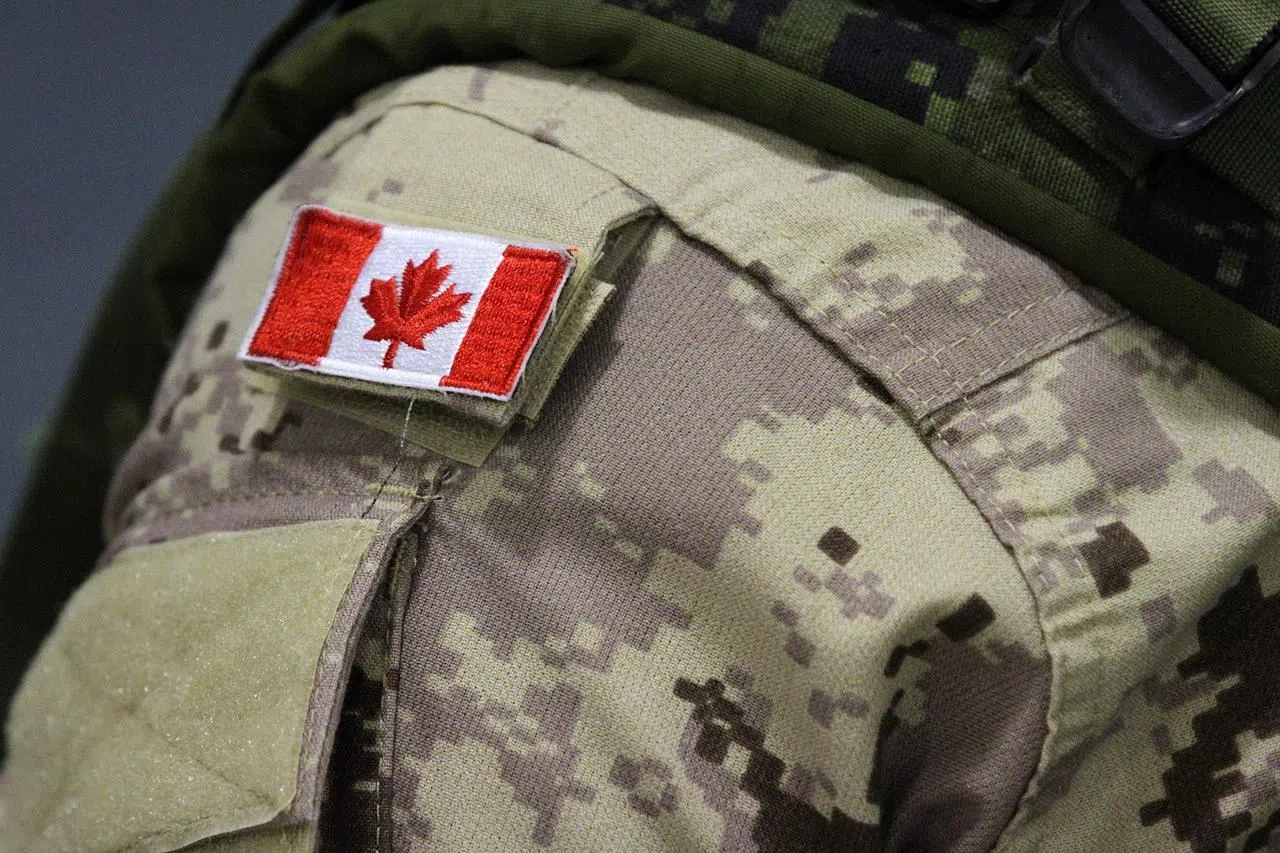
Military cites privacy concerns for slow progress in review of unfounded cases
OTTAWA — Canada’s top military police officer is citing privacy concerns for the fact the Canadian Armed Forces have yet to make good on last year’s promise to revisit more than 160 cases of sexual assault previously deemed “unfounded.”
Senior commanders announced plans last April to review the cases after an internal review found nearly one in three cases logged between 2010 and 2016 received the “unfounded” label — a rate higher than most civilian police forces.
Ten months later, however, the review has yet to take place, in large part because of Provost Marshal Brig.-Gen. Robert Delaney’s plan to enlist the help of external advisers such as social workers to look at each case.
Military commanders are still committed to reviewing the unfounded cases, Delaney told The Canadian Press, but are working through several questions and challenges associated with employing outsiders in the review, including how best to protect the privacy of complainants and whether to remove personal information from files.
